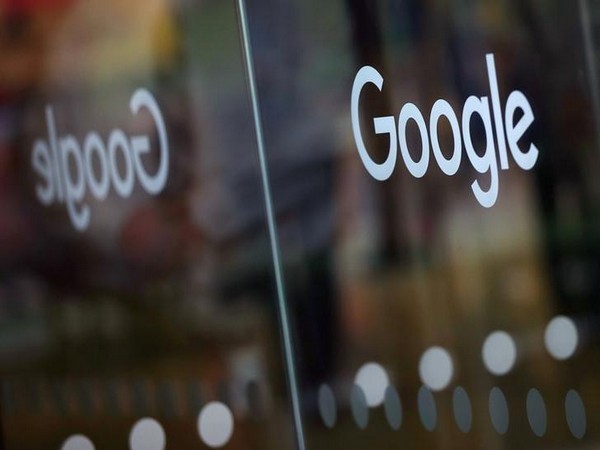Google apps for iOS to switch to UIKit after decade of material design
Google is phasing out its Material Design custom UI for iOS apps to switch to Apple's UIKit.

- Country:
- United States
Google is phasing out its Material Design custom UI for iOS apps to switch to Apple's UIKit. For almost a decade, Google apps for iOS and iPadOS, such as Gmail, Google Maps, Google Photos, Google Drive, and YouTube, have used unique user interfaces that replicate the Android experience.
However, going forward, Google will switch to using the design of UIKit, Apple's framework for building interfaces in iPhone and iPad apps, reported The Verge. The company said that the result of the switch should be less work for its iOS development team, but, more importantly, it's likely the change will mean that Google's iOS apps will feel less like interlopers on Apple devices. Instead of obeying Android's UI conventions, they should look and feel more like they belong on iOS.
The change was announced on Twitter by Jeff Verkoeyen, engineer lead for Google Design on Apple's platforms. Verkoeyen said that his team "shifted the open-source Material components libraries for iOS into maintenance mode" earlier this year. Material Design is Google's in-house set of design conventions, which it introduced in 2014 in order to unify the look and feel of its apps and services across mobile devices, Chrome OS, and the web.
Verkoeyen said Google developed its own Material Design components for iOS, but, over time, found that these have been "slowly drifting further and further from Apple platform fundamentals because those fundaments were also evolving year over year." Instead of creating work for itself by filling those gaps, Verkoeyen said Google has now decided to use Apple's own UIKit for its iOS apps. He noted that doing so will "result in much tighter integrations with the OS than what we can reasonably achieve via custom solutions." (ANI)
(This story has not been edited by Devdiscourse staff and is auto-generated from a syndicated feed.)
ALSO READ
Pakistani YouTuber Rajab Butt Attacked in Court Amid Legal Turmoil
Uttar Pradesh Grapples with Cold Wave and Dense Fog
Mehbooba Mufti Urges Action Against Risky FTAs Threatening Kashmir's Apple Industry
Apple Crisis Looms: Proposed Tariff Cut Threatens Himachal's Orchard Economy
YouTube Journalist Savukku Shankar Released on Interim Bail Amid Legal Controversies










